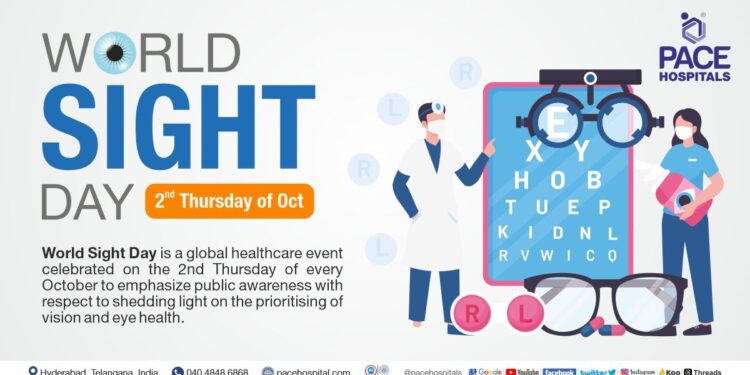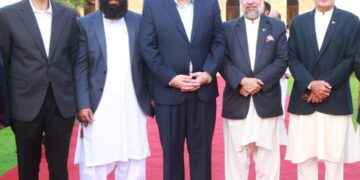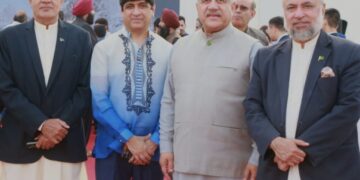In an age dominated by digital screens and urban lifestyles, eye health has become a pressing global concern, with an alarming rise in affected cases. It is estimated that over 2.2 billion people around the world have vision impairments (WHO), and approximately 2.178 million Pakistanis of all ages are affected by blindness and visual impairment, placing the country third in the South Asian region, after India and Bangladesh (Journals).
Research indicates numerous factors and conditions that can exacerbate eye problems. A common cause of deteriorating eye health is refractive errors, including conditions like myopia (near-sightedness), hyperopia (farsightedness), and astigmatism (distorted vision at all distances) (CDC). Other contributing factors, such as academic stress and anxiety, can lead to eye strain and dry eyes. Moreover, excessive screen time, poor nutrition, and lack of eye examinations play significant roles in the deterioration of eye health, often resulting in severely impaired vision.
In light of this situation, the big question is how we can remedy this for ourselves and future generations. The answer is simple: healthcare workers and governments need to come together to raise awareness. By organizing seminars and forming educational committees, we can emphasize the importance of regular eye check-ups, the use of protective eyewear, and the role of daily outdoor activities. Engaging in outdoor activities for 45 to 120 minutes a day is essential for countering the progression of myopia-related decreased vision.
Additionally, introducing and promoting a balanced diet rich in essential vitamins such as vitamins C and A and encouraging reduced screen time can help mitigate this growing concern in today’s digital age. Timely parental interventions to monitor screen usage along with collaborative efforts between governments and healthcare organizations to establish robust eye care infrastructure are crucial steps in combating eye diseases. These actions are essential to ensure a better quality of life and overall well-being for society.
*Author: Dr Haroon Tayyab, Consultant, Ophthalmology, the Aga Khan University Hospital*


Author: Dr Haroon Tayyab, Consultant, Ophthalmology, the Aga Khan University Hospital.
Advertisements



















